

An initial USD 2 million in resilient recovery grants has been mobilised for Jamaica’s hurricane recovery effort by the United Nations Development Programme (UNDP) to restore community life and livelihoods and to support the national vision for a resilient recovery.
The new grants have emerged on the heels of a recent surge mission to Jamaica by UNDP’s global and regional crisis response and recovery teams, working with UNDP’s Multi-Country Office in Jamaica to identify national and local needs through consultations with government, civil society, private sector, multilateral development banks, United Nations agencies, and local communities in critically affected areas. This process benefited from the lead role of Ronald Jackson, UNDP Global Head of Disaster Risk Reduction, Recovery and Resilience.
UNDP’s offer is designed to help stabilise affected communities, restore livelihoods of vulnerable groups and support national authorities and key sectors in Jamaica’s ‘Building Forward Better’ vision, integrating resilience at every step.
At the national level, UNDP is offering support to Jamaica’s long-term recovery planning and governance, along with some key data to support it, post-hurricane national impact assessments, focusing on a root cause analysis and human impacts.
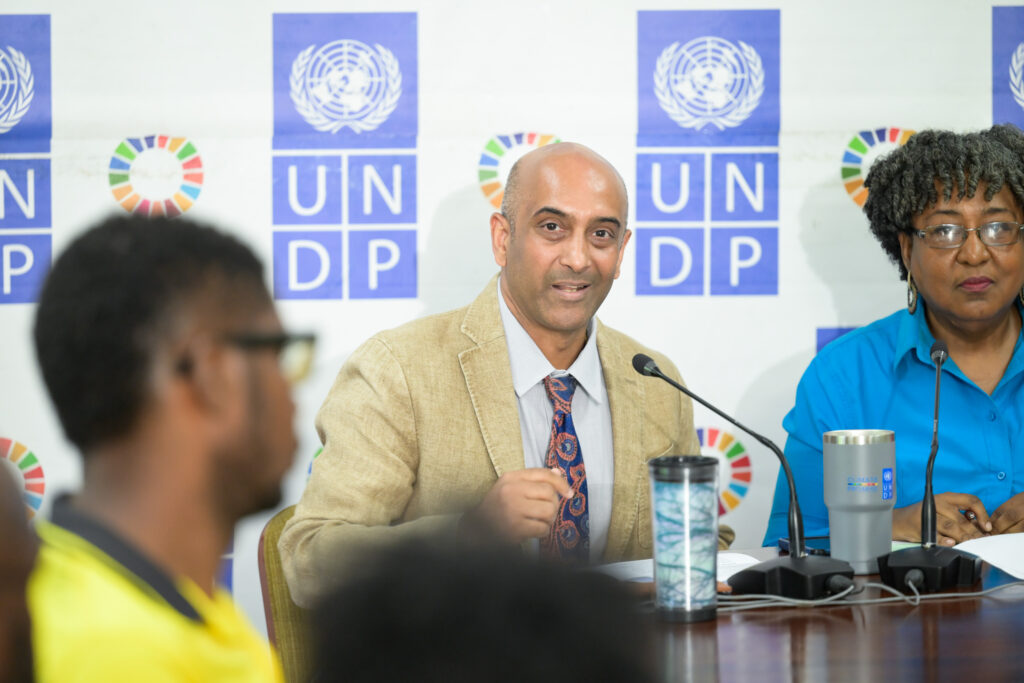
“Crises can be opportunities to build forward better,” said Kishan Khoday, UNDP Resident Representative in Jamaica. “To this end, we offer to enhance institutional capacities and systems for recovery, and to integrate climate-resilient, risk-informed and nature-based solutions into recovery planning. Future plans can also embrace the role of geospatial and digital tools and aim to make development assets future-proof in an era of more frequent and severe climate disasters.”
UNDP’s offer targeting community stabilisation includes clean up and management of debris, estimated at 4.8 million metric tonnes across impacted areas, as well as recycling opportunities through cash for work modalities, ensuring income for jobless residents and easier access to affected communities by national relief teams, he explained.
It also prioritises support for the recovery of micro, small, and medium-sized enterprises (MSMEs) and community livelihoods. UNDP will provide grants and hands-on technical support to MSMEs to restore their facilities, connect to markets and access sustainable finance solutions such as loan guarantees, low-interest credit and other instruments.
UNDP will also support solar power, resilient re-roofing and other critical community infrastructure needs. Additionally, based on previous experience in the aftermath of category five hurricanes in 2017 in Dominica and 2021 in The Bahamas, mobile and community-based Technical Assistance Centers (TACs) will provide on-the-spot advice to affected communities, combined with resilience grants to help communities integrate resilient methods into their build back process, ensuring better odds to weather future storms.
“These storms are no longer ‘once in a lifetime’. They are becoming the new baseline. Even countries that plan well are being tested by hurricanes more powerful, unpredictable and punishing than what our systems are perhaps built for, said Ronald Jackson.
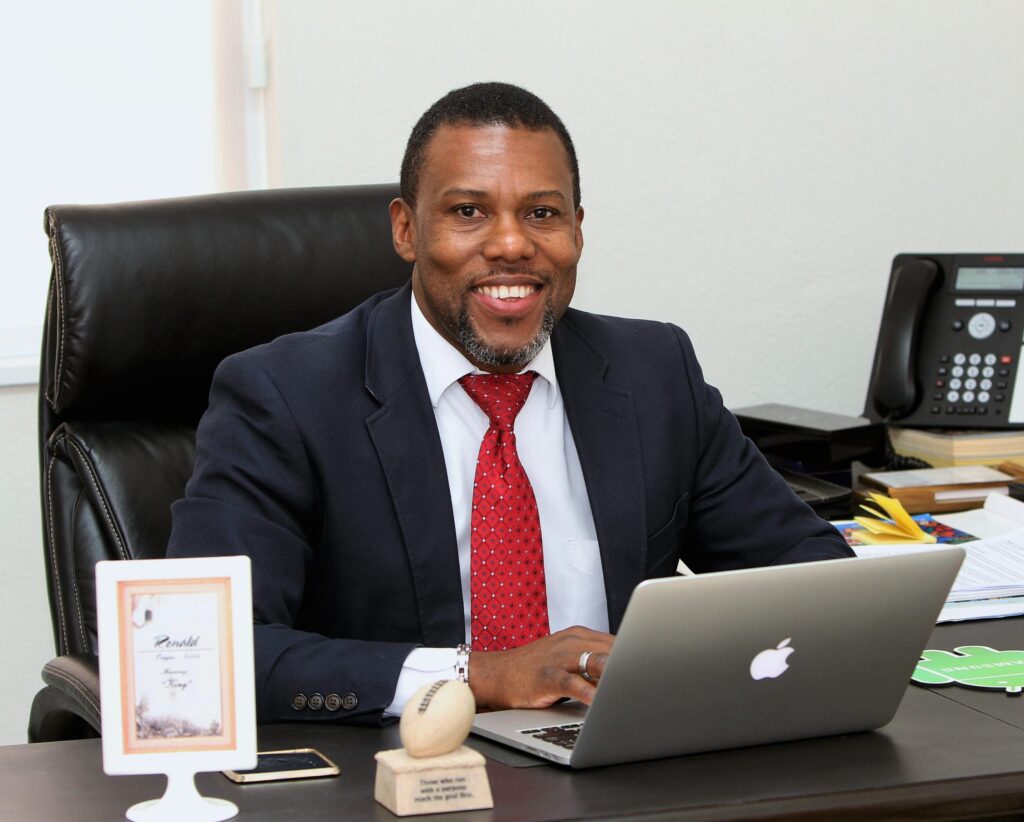
This initial UNDP Resilient Recovery grant assistance of USD 2 million for Jamaica builds on UNDP’s immediate crisis response allocations and generous contributions from the CARICOM Development Fund and the European Union.
Grant assistance of an additional USD 8 million is also being considered, through the realignment of resources from UNDP’s ongoing development programmes in Jamaica. These funds will support nature-based and climate-resilient recovery in the tourism sector, capacity development for ecosystem restoration and integrated land management in western regions of Jamaica and support civil society organisations for building long-term resilience of communities and ecosystems.
Dr Khoday said, “Hurricane Melissa was the strongest climate-induced disaster to hit Jamaica in modern history, and supporting a resilience-based approach to recovery for affected communities is not just smart. For Small Island Developing States (SIDS) it is also a matter of justice, as countries face mounting loss and damage from the global climate emergency. Building on our 50-year presence in Jamaica and as part of a coordinated UN system-wide effort, UNDP stands in solidarity with the government and people of Jamaica to deliver our part in achieving Jamaica’s vision for a resilient recovery from Hurricane Melissa,” he indicated.
Jamaica was struck by Category 5 Hurricane Melissa on Tuesday, October 28, sustaining loss of life and livelihoods, and catastrophic damage to buildings, infrastructure, forests, agricultural fields, coastal ecosystems and socio-economic assets across the western regions of the island.

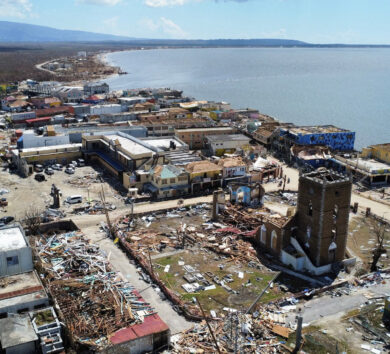

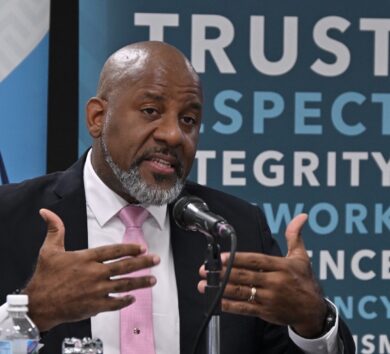
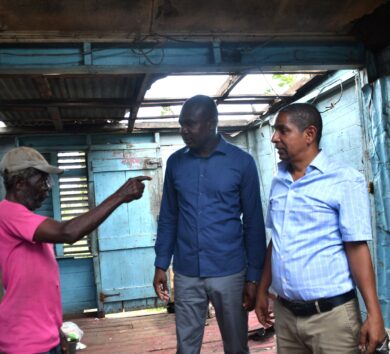


Comments